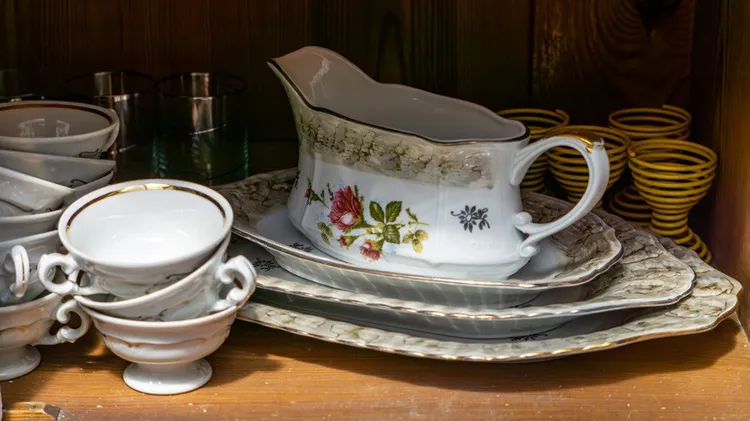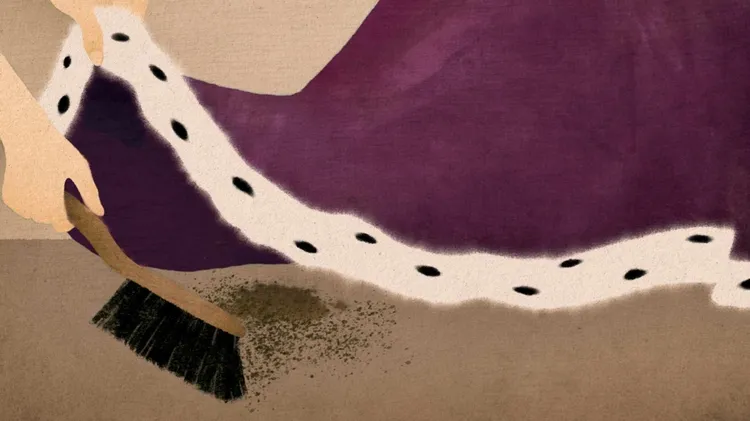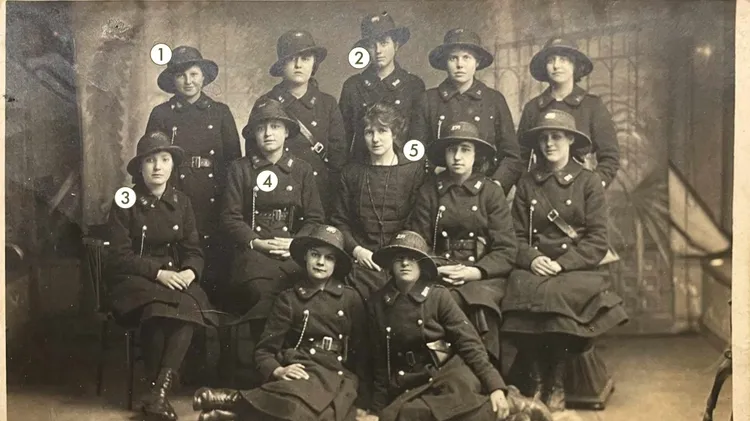All families have mysteries, secrets and even scan
How should we deal with our family secrets?
12 min read
This article is from...
Read this article and 8000+ more magazines and newspapers on Readly






